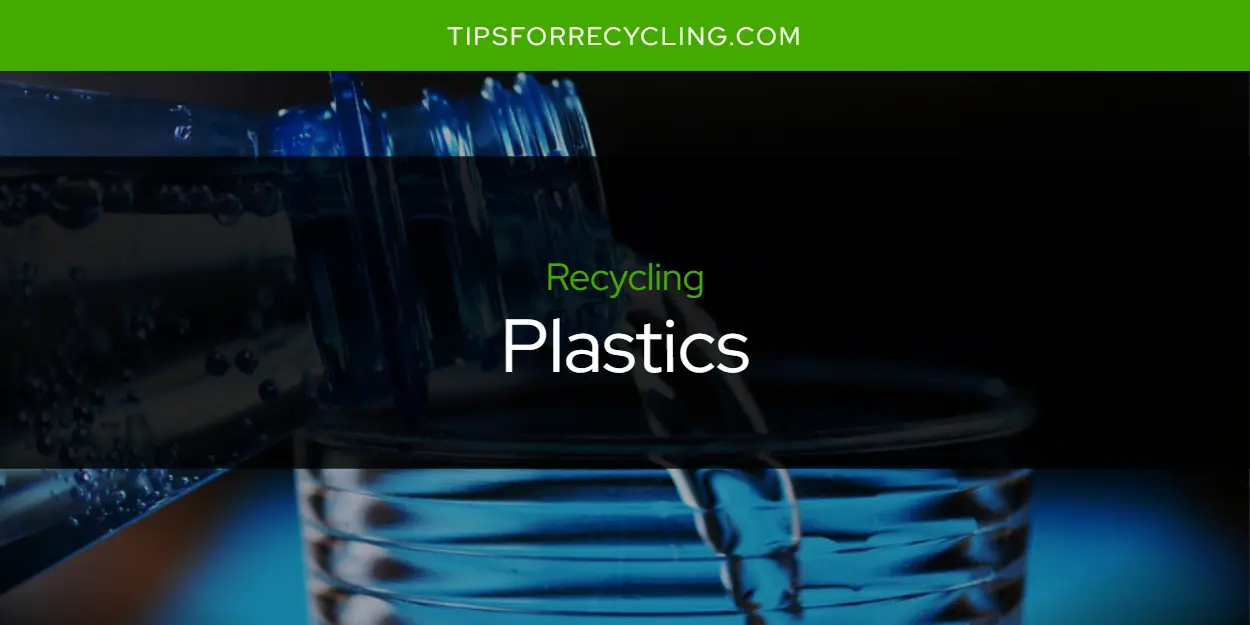Are Plastics Recyclable?

Yes, most plastics are recyclable. However, it is important to know the different types of plastics and how to properly recycle them in order to maximize their value.
See the below map for locations where you can recycle plastics.
Yes, you can make money through recycling plastic. Many cities and towns have programs that pay for certain types of plastic. Additionally, there are companies that buy and sell plastic scrap, which can be a great way to earn money from your recycling efforts.
Similarly, see if you can recycle thermoplastics.
There are seven main types of plastic: PET (polyethylene terephthalate), HDPE (high-density polyethylene), PVC (polyvinyl chloride), LDPE (low-density polyethylene), PP (polypropylene), PS (polystyrene) and other miscellaneous plastics such as acrylic, nylon and polycarbonate. It's important to know which type of plastic you're dealing with in order to ensure proper recycling efforts.
Similarly, see if you can recycle plastic caps.
Recycling plastics offers numerous benefits including reducing reliance on fossil fuels and conserving natural resources such as water and energy. Additionally, recycling plastics helps reduce pollution by decreasing the amount of waste sent to landfills or incinerators; instead, reprocessed materials are often employed for manufacturing new products.
Similarly, see if you can recycle plastic binders.
Recycling plastics is easy when you understand what type of plastic it is and where it should be recycled. Generally speaking, most rigid plastics can be recycled locally at grocery stores or other locations that accept post-consumer waste for pick up. Soft plastics may need to be taken to special drop off centers since they aren't able to be placed in curbside bins.
Similarly, see if you can recycle plastic buckets.
One challenge with recycling plastics is contamination from food residues or other substances; this can lead to rejected materials that cannot be reused in manufacturing processes or repurposed into new products. Additionally, some communities don't have access to local recycling centers or collection bins, making it difficult for residents who want to recycle their household materials responsibly.
Similarly, see if you can recycle plastic loofahs.
If we don't take the time and effort to properly recycle our used plastics, then those items will end up in landfills where they will take centuries - if not millennia -to decompose fully while releasing harmful chemicals into the environment in the meantime. In addition, without proper management practices our oceans and rivers could become dangerously polluted from discarded plastic bottles and containers that leach chemicals into the waterways over time.